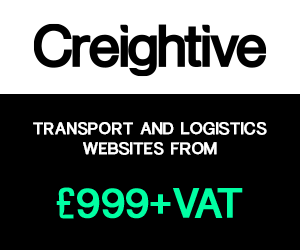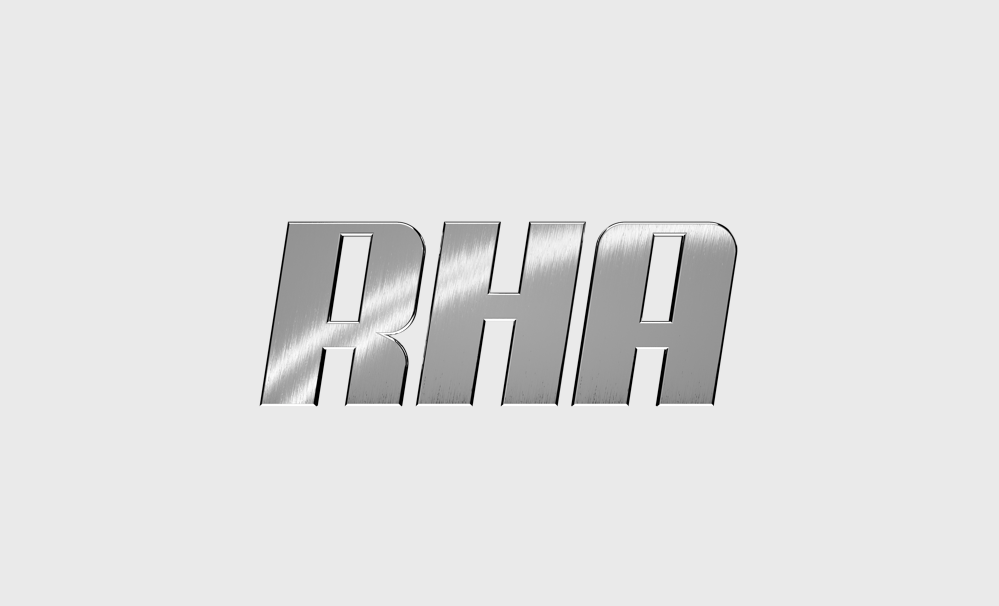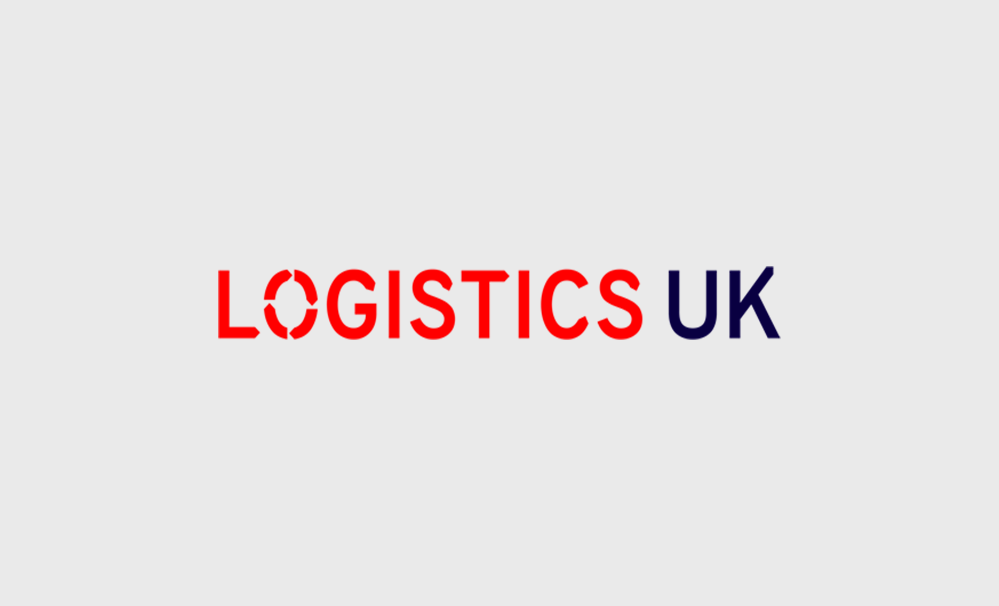Whether you sell directly from your website or via platforms like Amazon or Alibaba, Brexit has fundamentally changed how UK based eCommerce businesses operate. The European Parliament has backed a Brexit trade deal – which includes a zero-tariff agreement – but this is yet to be finalised. In the meantime, imports will be subject to border checks and duties as Britain is no longer in the Single Market or Customs Union.
Customs, VAT and Tariffs
Customs
There is now a customs border between the UK and EU, with sellers unable to ship products between the two without customs and excise rules. A customs declaration is required, so you will need to have the following information prepared:
- A VAT number for the country where your products are stored.
- An EORI (Economic Operators Registration and Identification number) for the UK and any EU country you ship to and from.
- Be sure to amend your Contracts and International Terms and Conditions of Service (Incoterms) to reflect export as part of your business.
- Country of Origin information.
- Harmonised Systems Codes used to calculate duty and import VAT on your products.
- Licenses and certifications.
Exporters can use the government’s advisory tool for guidance on paperwork requirements, tariffs, and quotas.
VAT
VAT will apply to consignments of EU goods exceeding $181 in value following the Rest of the World rates. Different rules apply to consignments less than $181. VAT-registered importers can postpone payment until their annual return rather than paying immediately on arriving goods.
Low-Value Consignment Relief (LVCR) will no longer apply to imported parcels, so all goods entering the UK sent by overseas businesses will be liable. EU member states will treat goods from the UK in the same way as any entering from non-EU countries with import VAT and customs duties payable on the goods arrival.
Tariffs
The UK Government predicts that about 60 percent of imports will be tariff-free, but we are yet to know the new deal’s outcome. For now, duty is paid depending on the origin, classification, and customs value of imported goods. Be aware that tariffs do not include import duties like VAT, and some products may be subject to trade remedy measures if trade disputes arise.
Check if tariffs apply to your imports here.
Declarations can be deferred for up to six months for all standard goods imports from the EU until July 2021, excluding controlled goods like alcohol and tobacco.
Key Actions to Consider
- Arrange for a percentage of your inventory to be delivered to fulfilment centres around Europe to reduce sending costs.
- Shop around for suppliers better placed to meet your requirements after Brexit. China eCommerce platforms such as Alibaba may be a good place to start.
- Set up warehouses closer to customers if you ship high volume to one particular destination.
- Revise your shipping policies to reflect Brexit changes.
- Explore new markets outside the EU.
- Consider drop shipping in your target country of choice with Amazon’s FBA or a similar service.







